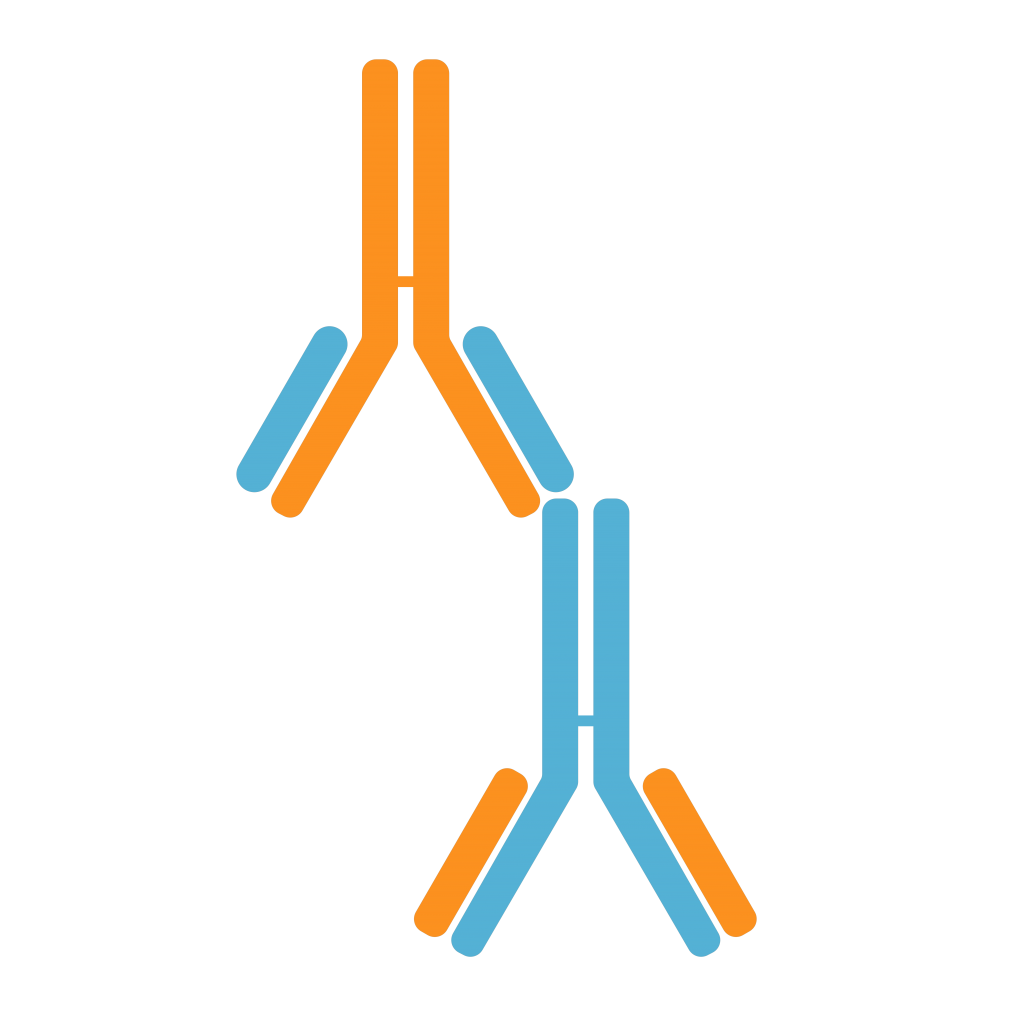Which antibody should I choose?
Posted by S.Davis on 12th Nov 2020
Which antibody should I choose?
So you have your experiment planned, the right equipment and you're almost ready to go. You just need to decide on the antibody to use. Luckily we can help you choose.
 Primary antibody
Primary antibody
Choose a primary antibody which has been raised from a host other than your sample lysate/tissue. The secondary antibody needs to target the primary immunoglobulin, so if both the primary antibody and endogenous sample proteins are from the same host species there will likely be cross-reactivity.
 Secondary antibody
Secondary antibody
Your secondary antibody needs to target both the isotype and the host species of your primary antibody. So, if your primary antibody is from a mouse host, your secondary antibody could be from any other animal, but with anti-mouse binding properties. If the isotype of the primary antibody is IgG, the secondary antibody should also target IgG.
Choosing monoclonal vs polyclonal
You should consider the following when deciding on the clonality:
1. Which part of the protein do I need to identify?
Monoclonal antibodies will bind to a single epitope on the protein, whilst polyclonal antibodies will bind to several different epitopes.
2. What type of conditions am I using?
In many cases antibody binding depends upon conformational state. Depending on the application you are looking to use the antibody in, polyclonal antibodies may have greater access to exposed sequences, whereas monoclonal antibodies should be assessed to determine if the immunogen sequence will be exposed, and available for binding. This may change with different applications.
3. Which antibody is more stable?
Polyclonal antibodies typically have greater stability in varying ionic conditions and pH, whilst monoclonals may have more varied stability in different expression systems.

